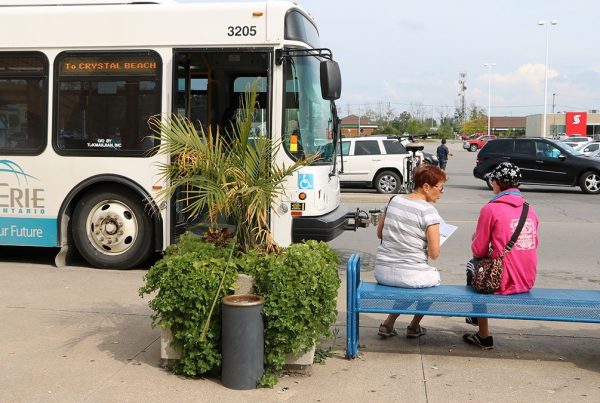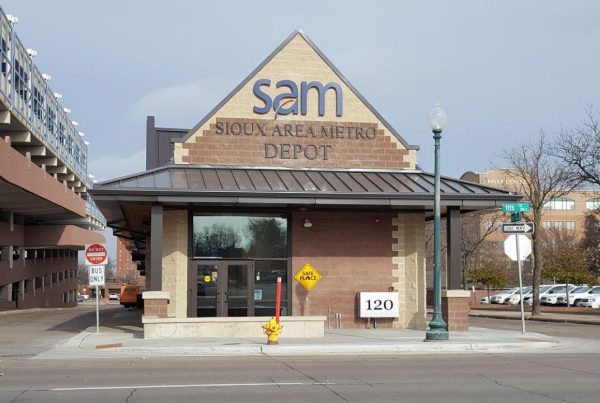2020 NEMT News Update
By: Luke Mellor
As certainly as the Earth revolves around the sun, the non-emergency medical transportation industry continues to make headlines. In 2019 there were some fresh entries and exits, the usual antics from NEMT brokers as well as some interesting legislative battles. Moving into 2020 Pantonium is happy to provide a short burst of updates for the US NEMT industry.
We are seeing the usual array of NEMT brokers failing to meet standards set by their state contracts. This can mean potential disruption, but also opportunity for providers. For example, the continuing trouble that Veyo is facing in providing adequate NEMT service for its Connecticut contract has recently forced the company to add even more NEMT providers and vehicles to its fleet in the hopes of reducing lateness and cancelled trips. With brokers being hammered by state health care officials across the country for missing service standards this represents an opportunity for NEMT providers to enter new markets or get more trips.
As we reported earlier this year, Arkansas had fined MTM millions of dollars and ended their contract last year. Now their replacement, another national NEMT broker Southeastrans, was slapped with a $300,000 dollar fine for failing to take riders to critical medical appointments. Since September 2019, Southeastrans has promised to add more vehicles and increase driver pay to offset this. The same broker is also under fire from the Indiana lawmakers who are calling for their state’s contract with the broker to be ended for similar failures to provide reliable NEMT service for all counties in Indiana.
At the federal level there has been a successful bi-partisan attempt to protect NEMT from state level interference. So far a bill has been put forward that would stop the Centers for Medicare & Medicaid Services from making NEMT an optional service for up to 10% of medicaid members. Another bill is in the senate to force CMS to review the costs and benefits of NEMT before changing regulations in ways that would allow the benefit to be dropped by states. This might not be the biggest thing to move through Congress in 2020 but it will be important for the long term viability of NEMT across the country.
Meanwhile one company that a recent entry into the NEMT market has already left. Ford Motor Company has ended all operations of its GoRide NEMT service that had been running in five cities across the US. in mid-2019 they were forecasting growth to over 40 cities in 2020 and now they are shutting down the service and reallocating resources to testing autonomous vehicle people transportation in Miami.
A much larger threat to traditional NEMT providers is ride hailing. In what can be described as a domino effect, state after state are contracting with the likes of Uber and Lyft to provide NEMT in ride hailing vehicles. In late 2019 both Arizona and Texas have passed legislation allowing medicaid to pay transportation network companies like Uber for NEMT.
This overarching trend of states that are simultaneously unhappy with current NEMT service providers but are stuck with a carousel of equally incapable brokers. These states are also unhappy with how much they are spending on the service in general and their desire to cut the service has escalated to the point of federal level intervention to keep them from dropping the service.
As a provider of software for this industry we are excited to see what happens next.




